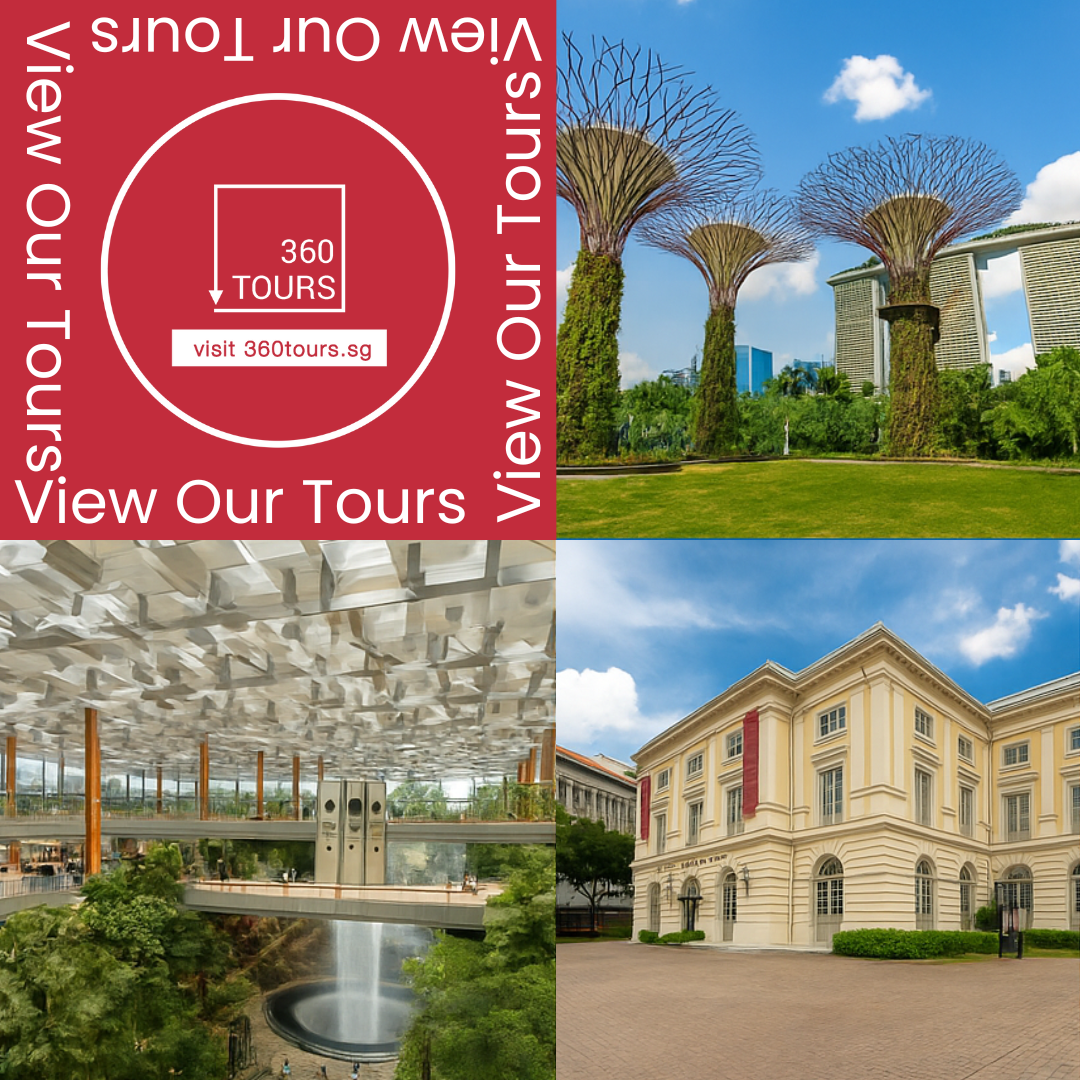The National Heritage Board (NHB) honoured three individual heritage practitioners at The Stewards of Intangible Cultural Heritage Award 2023. Launched by NHB in 2019, the award is part of NHB’s ongoing efforts to document, safeguard and promote Singapore’s intangible cultural heritage (ICH) with community stakeholders. Each award recipient will receive a S$5,000 cash award, be eligible for a Project Grant of up to S$20,000 and enjoy opportunities to showcase and promote their ICH elements at NHB’s festivals and programmes.
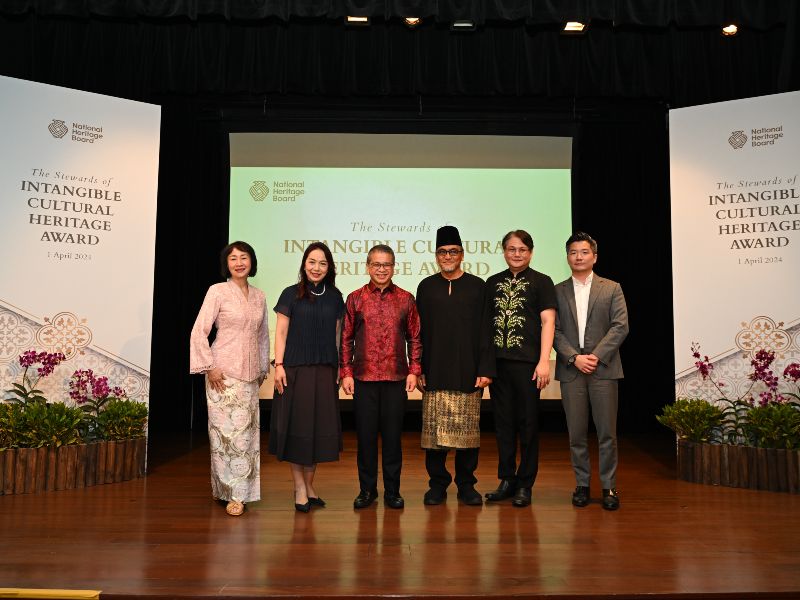
The three award recipients were recognised for their outstanding contributions to the
following areas of crafts and practices – “Chinese Opera”, “Malay Dance” as well as “Peranakan beadwork, embroidery and kebaya making”. These individuals have demonstrated dedication to and mastery of their respective ICH crafts and practices, actively promoting and transmitting them to the community and the younger generation. The award recipients were recognised at an award ceremony on 1 April 2024, hosted by Mr Edwin Tong, Minister for Culture, Community and Youth.
Celebrating Singapore’s living heritage through the promotion and transmission of crafts and practices
The three award recipients are celebrated as practitioners who have shaped Singapore’s
living heritage, which embodies our cultures, traditions and values.
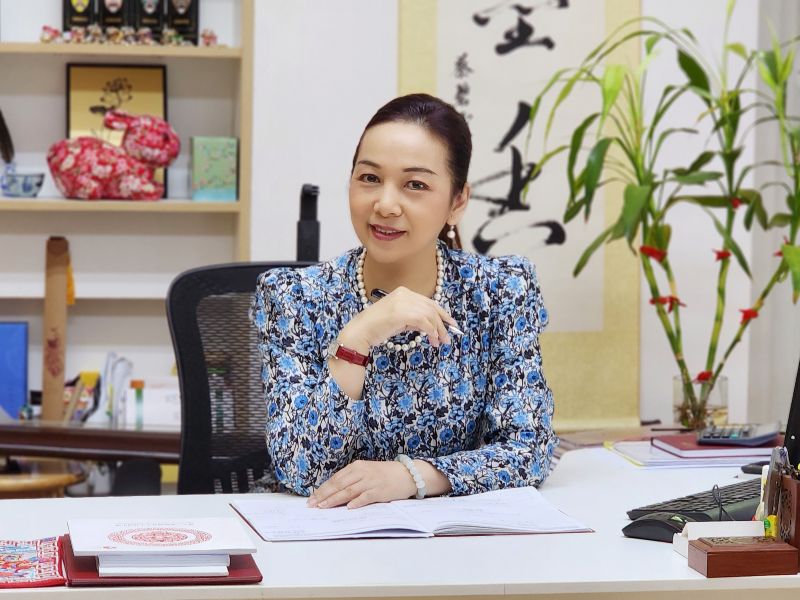
Ms Cai Bixia has championed the traditional art form of Chinese Opera for more than
three decades. Since 1997, she has been serving as a Chinese Opera teacher and
organising classes as well as workshops in schools. She subsequently founded the Traditional Arts Centre in 2012 to offer free weekly Chinese Opera classes for children and youth learners, and it has since become a key node for training and development opportunities for Chinese Opera practitioners in Singapore. Beyond teaching, Ms Cai also actively promotes and transmits Chinese Opera by nurturing interest among young Singaporeans and facilitating skill and knowledge exchange within the Chinese Opera community through productions and masterclasses.
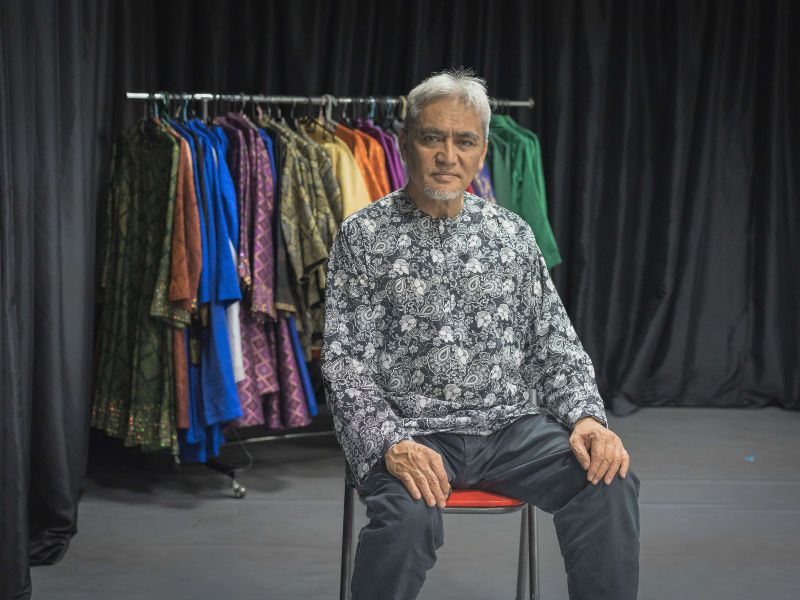
Mr Osman Abdul Hamid has dedicated over four decades to the practice of Malay
Dance, assuming multiple roles including dancer, choreographer, director and educator. He has mentored generations of Malay dance enthusiasts in schools, including the Malay Dance troupe Ilsa Tari from the National University of Singapore for more than two decades, and worked with the People’s Association (PA) as the lead choreographer of PA Talents Malay Dance Ensemble to craft performances for prestigious national events such as the Chingay Parade and the National Day Parade. In 2011, Mr Osman founded Era Dance Theatre, an institution providing training and development opportunities for younger generations of Malay dancers. Last year, he was also awarded the Cultural Medallion for his achievements and contributions to Singapore’s arts scene.
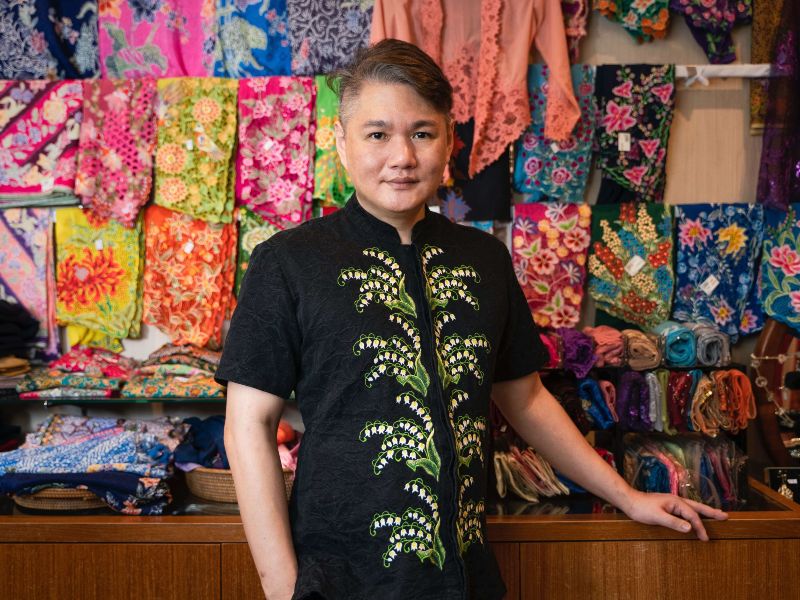
Mr Raymond Wong is a practitioner in Peranakan beadwork and embroidery with nearly
two decades of expertise. As one of the few remaining Peranakan kebaya makers in Singapore, he has actively shared his craft through workshops and teaching at LASALLE for more than 10 years. To ensure that his craft remains accessible while maintaining its cultural essence, he also explores new methods and techniques like machine embroidery and digital prints. Most recently, he participated in NHB’s Craft x Design programme where he teamed up with designers from Aller Row to reimagine traditional Peranakan embroidery into contemporary fashion — bridging the past with the present.
Recognising the importance of ICH in our everyday lives
The three recipients are the fourth cohort of ICH practitioners and organisations to
receive the award, bringing the total number of individuals and organisations recognised as Stewards of our ICH to 17.
Ms Melissa Tan, Director of Heritage Policy & Research, NHB, said: “Our living heritage
serves as an important anchor of our identity. By celebrating the Stewards of our ICH, we want to honour traditions of the past and recognise the vibrant cultural heritage that continues to be practised and passed on within our communities today. Every year, our recipients incorporate innovative ways to promote and sustain their craft, enabling such cultural traditions to remain relevant to younger Singaporeans. We look forward to collaborating with our Stewards to enrich our cultural landscape, and nurture a deep sense of pride in our intangible heritage among Singaporeans so that more will step forward to support our heritage practitioners.”
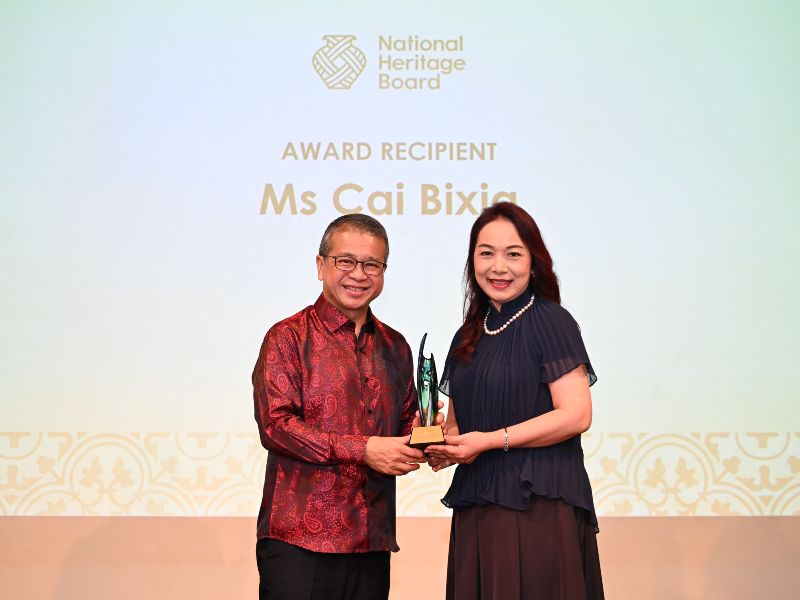
Ms Cai said: “Chinese Opera is a focal part of my life. It contains good traditional values
that are important in the Chinese community. Through my efforts, I strive to elevate my artistic standards to better transmit this intangible cultural heritage to the next generation of young audiences. I hope that the Traditional Arts Centre can be a node to harness the strengths of our local Chinese Opera troupes, to strengthen and further Singapore’s brand of Chinese Opera.”
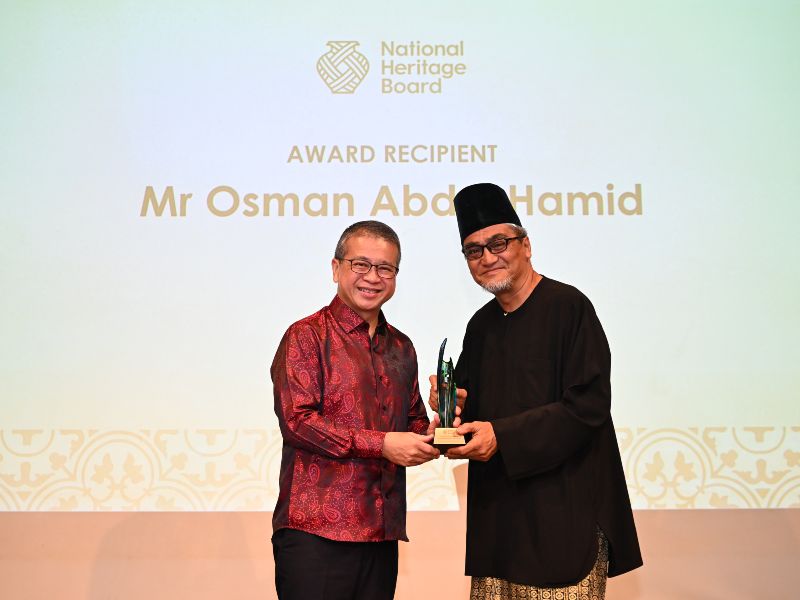
Mr Osman said: “I hold a profound conviction that Malay dance culture must not remain
stagnant. It should evolve through time, but at the same time, preserve its roots and values. Malay dance is strongly linked to one’s culture and practices at home, and hence, it is important to nurture the younger generation to understand Malay culture and values.”
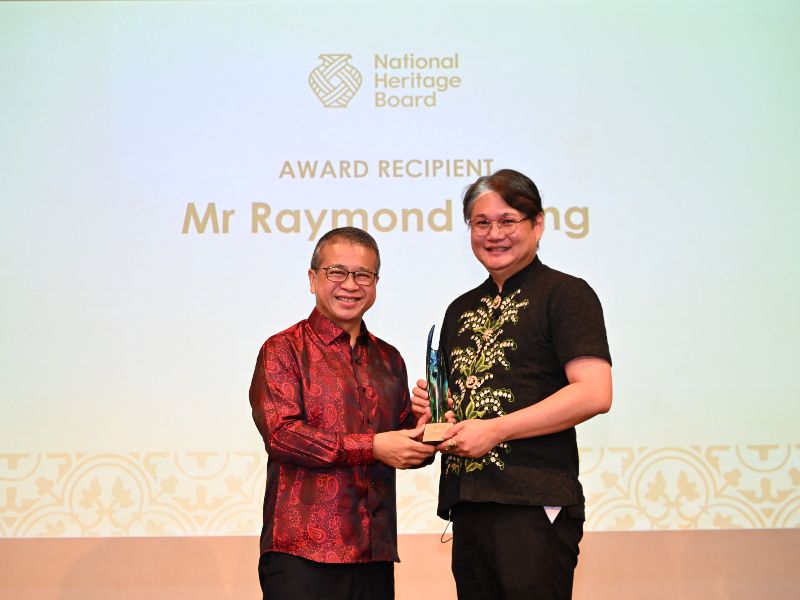
Mr Wong said: “I love the Peranakan kebaya and kasut manek (beaded shoes) because
they are good examples of fusion fashion, which is very much like Singapore’s multiracial and multicultural identity. For me, getting this award not only means that I’ve been recognised for my efforts, but it also means that I have to work harder to document the knowledge I have gathered for the past 20 years so it can be further transmitted to the younger generation.”
For the latest deals and content, join our Telegram channel here today!









